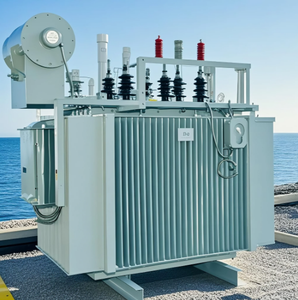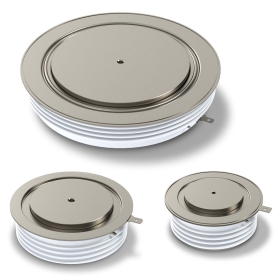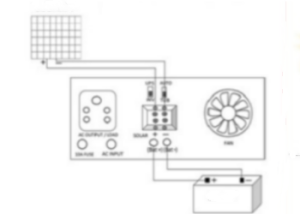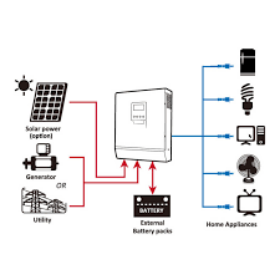Electronic Components Supplier | Transformers, Inductors, Inverters
Introduction
As industries shift toward safer, more sustainable power solutions, dry type transformers have emerged as the preferred choice over traditional oil-filled units. With no flammable liquids and minimal maintenance requirements, these transformers are revolutionizing power distribution across commercial buildings, industrial facilities, and renewable energy projects.
This guide explores the leading dry type transformer manufacturers, key selection criteria, and emerging industry trends. Whether you’re an electrical contractor, facility manager, or renewable energy developer, understanding the top players in this market will help you make informed purchasing decisions.

Why Choose Dry Type Transformers?
1. Enhanced Safety & Environmental Benefits
Unlike oil-filled transformers, dry type transformers use air or resin for cooling, eliminating fire hazards and oil leaks. This makes them ideal for:
- Indoor installations (hospitals, schools, data centers)
- Environmentally sensitive areas
- Applications requiring low maintenance
2. Superior Efficiency & Reliability
Modern dry type transformers achieve up to 99% efficiency with advanced designs like vacuum pressure impregnation (VPI) and cast resin technology, ensuring long-term durability.
3. Compliance with Global Standards
Top manufacturers adhere to IEEE, IEC, and NEMA standards, guaranteeing performance in harsh environments (high humidity, corrosive atmospheres).
Top 5 Dry Type Transformer Manufacturers (2024)
1. Siemens
- Key Features:
- High-efficiency SIMARIS-optimized designs
- Resin-encased units for extreme conditions
- Smart monitoring via Siemens IoT solutions
- Best For: Industrial & utility-scale applications
2. ABB
- Key Features:
- DryCast resin technology for superior protection
- Eco-friendly designs (low noise, recyclable materials)
- Custom solutions for wind & solar farms
- Best For: Renewable energy & marine applications
3. Schneider Electric
- Key Features:
- Trihal cast resin transformers (fire-resistant)
- Compact designs for space-constrained sites
- Energy-efficient SEG line
- Best For: Commercial buildings & data centers
4. Eaton
- Key Features:
- Vacu-Pad insulation for enhanced thermal performance
- Hazardous location certifications (Class I/II)
- Integrated surge protection
- Best For: Oil & gas, mining industries
5. Hammond Power Solutions
- Key Features:
- VPI (Vacuum Pressure Impregnated) technology
- Cost-effective options for small-to-medium businesses
- UL/cUL, CSA, and CE certifications
- Best For: SMEs & retrofit projects
Industry Trends Shaping the Market
- Rising Demand for Energy-Efficient Models
- Stricter DOE 2023 efficiency regulations are driving adoption of NEMA TP-1 compliant transformers.
- Growth in Renewable Energy Applications
- Solar/wind farms increasingly use dry type transformers due to their resilience in outdoor environments.
- Smart Transformers with IoT Integration
- Leading manufacturers now offer real-time monitoring for predictive maintenance.
- Customization for Specialized Needs
- Hyperscale data centers and EV charging stations require low-loss, high-temperature designs.
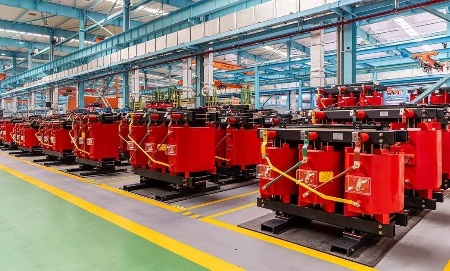
How to Select the Right Manufacturer
Consider these factors:
- Efficiency ratings (look for DOE 2023 compliance)
- Cooling method (air-cooled vs. resin-encased)
- Certifications (UL, IEEE, IEC)
- After-sales support (warranty, local service)
Conclusion
Choosing the right dry type transformer manufacturer ensures safety, efficiency, and long-term cost savings. Siemens, ABB, Schneider Electric, Eaton, and Hammond Power Solutions lead the market with innovative technologies tailored for diverse applications.
For projects prioritizing sustainability, smart monitoring, or harsh-environment performance, partnering with a top-tier manufacturer is critical.


